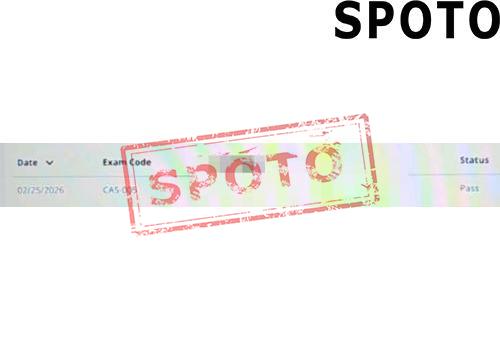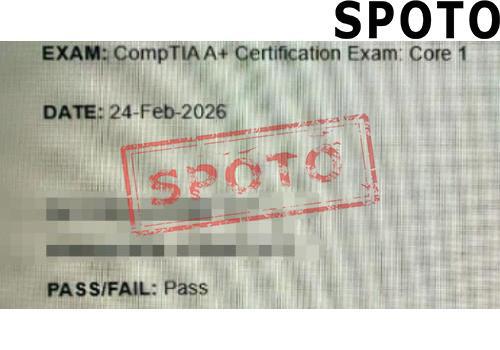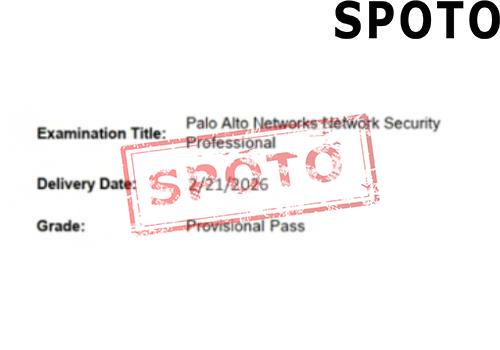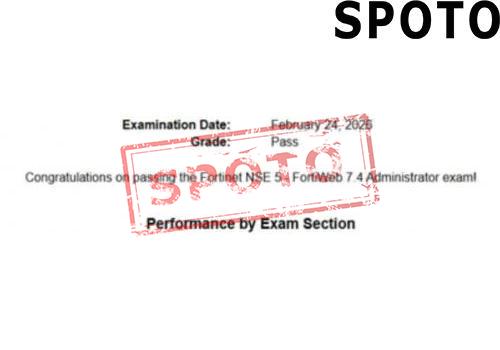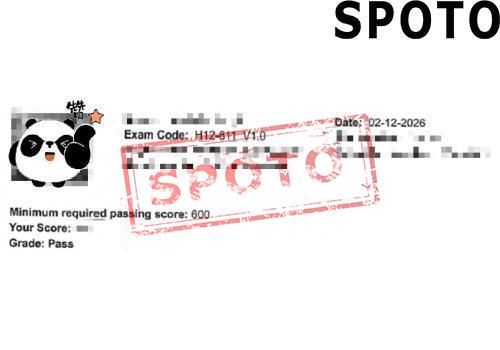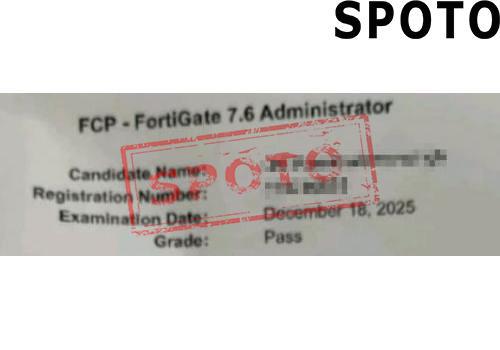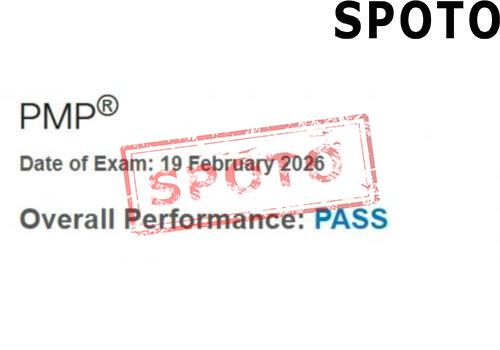
An IT certification is a qualification that demonstrates your competence in a specific field of information technology (IT). To obtain a certificate, you must often pass an exam that assesses your competence in the area.
Obtaining certification may result in enhanced job performance and increased competitiveness in the job market. An IT certification on your resume might also help to hire managers quickly assess your abilities. And certificates are associated with higher incomes—according to a 2021 analysis by Global Knowledge, IT professionals who obtained a raise as a result of getting a new certification experienced an average pay gain of $13,000.
10 IT certifications for entry-level workers
These standard IT certifications will qualify you for entry-level IT careers. The list contains both entry-level certifications that will expose you to a wide range of talents and credentials to provide you with more specialized skills.
1. CompTIA A+ certification
The CompTIA A+ certification is widely regarded as one of the go-to credentials for a well-rounded entry-level introduction to IT. Those who pass the certification examinations will troubleshoot fundamental networking, operating system, security, and mobile device difficulties. Two examinations are required for the CompTIA A+ certification.
The CompTIA A+ certification gives a general introduction to the world of information technology. Many IT professionals can then specialize in a specific IT discipline, such as networks, security, or cloud computing, by earning relevant experience or certifications.
The cost of each exam is $232, for $464.
Service desk analysts, technical support specialists, associate network engineers, desktop support administrators, and system support specialists are possible jobs.
Requirements: You must pass two certification tests. The examinations have no prerequisites; however, CompTIA recommends nine to twelve months of hands-on experience.
Following the CompTIA A+, candidates can pursue other CompTIA certifications such as Security+ or Network+ and certifications from other providers such as the CCNA.
2. Cisco Certified Network Associate (CCNA)
The CCNA is an associate-level certification that covers the fundamentals of IT networking. Network access, IP connectivity, and IP services are all included. Even though it is not a vendor-neutral certification, it will only test you on Cisco products and tools—it is popular among network professionals due to Cisco's dominance in the networking sector. The CCNA certification requires only one exam.
The cost is $300.
Network specialist, network administrator, systems administrator, and network engineer are all possible positions.
Requirements: There is only one certification exam necessary. The exam has no prerequisites, but Cisco recommends a year of training and expertise with computer networks.
Following the CCNA, individuals can pursue more advanced network certifications such as the Cisco Certified Network Professional (CCNP)
3. CompTIA Security+ certification
The CompTIA Security+ certification will provide you with the knowledge and abilities to conduct fundamental security functions. Encryption, physical security, and wireless security will all be covered in the certificate. It only takes one exam. Suppose you want to work as an IT security specialist. In that case, you can pursue more sophisticated security certifications such as the Certified Information Systems Auditor (CISA) or the advanced Certified Information Systems Security Professional (CISSP).
Security is a booming field, with Global Knowledge estimating that demand for security specialists will be strong among companies in 2020. If you're interested in cybersecurity, take a look at some of the most prevalent cybersecurity credentials.
The price is $370.
Security administrator, security specialist, security consultant, security engineer, network administrator, and security analyst are all possible positions.
Requirements: One certification exam is required. There are no prerequisites; however, CompTIA recommends the CompTIA Network+ certification and two years of IT administration experience.
Following the Security+, candidates can pursue other security certifications such as the ISC2 Systems Security Certified Practitioner (SSCP) or the ISACA Certified Information Systems Auditor (CISA).
4. Microsoft Foundations
The Fundamentals credentials were created to replace the Microsoft Technology Associate (MTA) qualifications, which were phased on June 30, 2021. The Microsoft basics certifications assess critical technical skills, making them excellent entry-level credentials for anyone working with Microsoft products. Knowing your way around Microsoft products is likely to be a sought-after ability; according to Global Knowledge, more than half of polled IT decision-makers worldwide claimed their organizations would invest in Microsoft technology.
You can choose from various exams in security, Azure (Microsoft's cloud solution), AI, data, and software such as Power Platform, Microsoft 365, and Dynamics. If you're seeking certification in a highly sought-after field, the Microsoft Azure Fundamentals certification will teach you the fundamentals of Microsoft cloud ideas.
Each exam costs USD 99.
IT professional, Microsoft systems administrator, Microsoft server support technician, Microsoft Technician specialist are all possible careers.
Requirements: Each certification requires one exam. There are no requirements.
Following a Microsoft Fundamental certification, individuals may go to other specialties such as Azure Database Administrator Associate or Microsoft Certified: Security Operations Analyst Associate.
5. Amazon Web Services (AWS) Cloud Expert
Cloud computing and security are among the most in-demand disciplines in IT, and Amazon Web Services (AWS) is the world's most popular cloud platform. As a result, mastering the AWS platform may provide you with an advantage in this expanding market. The AWS Cloud Practitioner certification is the most basic AWS certification.
The AWS Cloud Practitioner certification is intended to help you develop core AWS expertise and is ideal for those just getting started in IT. However, many cloud-related positions require an associate-level AWS certification, which is one level higher than the practitioner certification. If you already have a year of AWS experience, the associate-level AWS Solutions Architect, SysOps Administrator, or Developer certifications may be more suitable for entry-level cloud computing positions. Other cloud certifications to consider include Microsoft Azure Fundamentals and Google Associate Cloud Engineer.
The cost is $100.
Cloud engineering, cloud development, cloud engineering, and cloud architecture are all possibilities.
The exam has no requirements; however, Amazon recommends at least a fundamental understanding of AWS services and uses, as well as six months of exposure to AWS.
Following the AWS Cloud Practitioner, you can pursue a more advanced certification such as the AWS Certified Developer or AWS Certified Solutions Architect.
6. CompTIA IT Fundamentals Plus (ITF+)
The ITF+ is an entry-level certification aimed at those who want to determine whether IT is the proper career route for them. If you're a student or a career changer who isn't sure if IT is right for you, this certification can help you decide. Other certificates, such as the CompTIA A+, may be a better option if you're seeking a certification that will help you build skills for a job in IT.
The price is $126.
Requirements: No prior experience is required.
Following the ITF+, applicants can pursue the CompTIA A+ or other entry-level certifications.
7. CompTIA Network+ certification
The CompTIA Network+ certification offers a fundamental understanding of networking basics. Unlike the CCNA, the Network+ certification is vendor-neutral, which does not test you on any specific device or technology. The Network+ is considered to be more basic than the CCNA, making it an excellent choice for people who are just getting started in networking or who find the CCNA to be too thorough for their current needs.
The price is $338.
Potential careers include network administrator, network engineer, and system administrator.
There are no official prerequisites however, CompTIA A+ and 9 to 12 months of network experience are suggested.
Following the Network+, many applicants pursue the CCNA or other networking certifications.
8. Fundamentals of GIAC Information Security (GISF)
The GISF is a fundamental certification for security and associated concepts such as networking, cryptography, and cybersecurity. The certification is recommended by GIAC for anyone new to cybersecurity who wants a basic introduction to the topic, as well as for individuals who can benefit from cybersecurity knowledge, such as system administrators and non-IT security managers.
The cost is $2,499 (includes two practice exams)
Cybersecurity analysts, information security professionals, non-IT security managers are all possible careers.
Prerequisites: The GISF has no official requirements.
Those who pass the GISF may go on to pursue the GIAC Security Essentials Certification (GSEC)
9. Google Cloud Digital Leader
The Cloud Digital Leader certification is Google's entry-level cloud certification. The certification exam will cover a wide range of fundamental Google Cloud topics. Though many entry-level Google Cloud positions require the Google Associate Cloud Engineer certification, studying the topics in the Cloud Digital Leader certification exam can provide you with a good foundation in Google Cloud.
Price: $99
Jobs to consider: Independent of job role
There are no official prerequisites.
Following the Cloud Digital Leader, students can pursue certifications that will provide them with entry-level employment abilities, such as the Google Associate Cloud Engineer.
10. Certified Project Management Associate (CAPM)
The CAPM is a project management certification that will qualify you for entry-level project management positions. Despite the fact that it is not an IT qualification, many IT professionals and teams respect project management skills. If you have a technical background and want to move into a more project management-oriented career, the CAPM may be worth pursuing.
Non-PMI members pay $300, while PMI members pay $225.
IT project manager and IT project coordinator are two possible jobs.
There are no official prerequisites.
Candidates who wish to pursue a career in project management may pursue the Project Management Professional (PMP) certification.
How to Acquire an IT Certification
Obtaining an IT certification typically comprises selecting a certification, studying for the exam, and passing the exam. Get SPOTO IT certification exam dumps to prepare for your exam fast!




